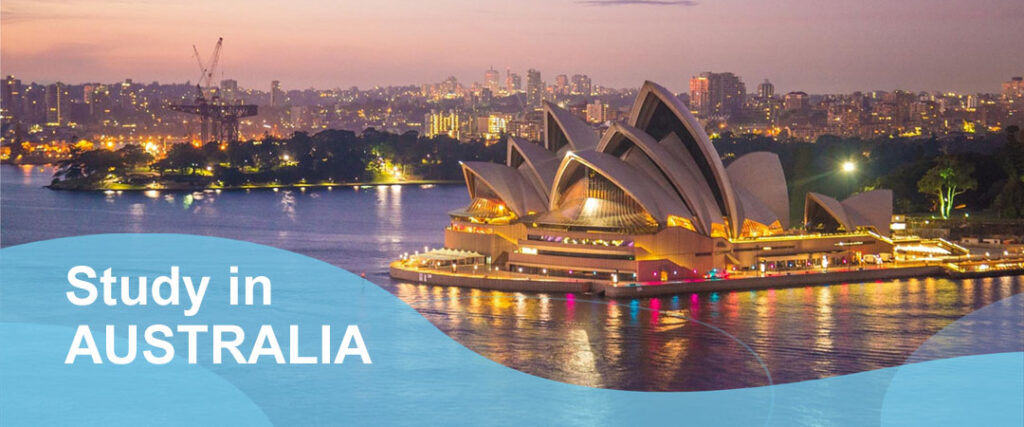
Australia is the world’s sixth-largest country and smallest continent with a population of 25 million people. It is located in the Southern Hemisphere, specifically in the region of Oceania. It is also known as the island continent as it is surrounded by the Indian Ocean to the West and the South Pacific Ocean to the East. The capital city of Australia is Canberra, and some of the major cities are Sydney, Melbourne, Brisbane, Perth, Adelaide, Gold Coast, and Hobart.
In Australia, the officially used language is English and the currency is the Australian dollar. Australia has a constitutional monarchy and parliamentary democracy, with the British monarch as the official head of state, represented by the Governor-General of Australia. The country has a stable political and economic environment with a strong economy and a high standard of living for the people.
Australia is famous for its diverse landscapes, which range from the tropical rainforests, deserts, coastal beaches and reefs. The country is a popular tourist destination that attracts travellers from all around the world. Some of the popular tourist destination includes Sydney Opera House, Blue Mountains, Great Barrier Reef, Great Ocean Road, Uluru and Daintree Rain forest. It is also known for its unique wildlife such as koalas, and kangaroos, as well as a variety of bird and reptile species.
Education System and Practices:
Australia is a welcoming country for international students known for its high-quality education, strong education system, with many world-class universities and colleges. The Australian education system emphasizes on providing students with practical skills and hands-on learning experience to prepare them for the workforce and solve real-world situations. The country provides an excellent facility for research and innovation in areas such as engineering, science and technology, medicine, agricultural and food, environment and sustainability, and renewable energy.
The Australian education system offers a broad range of educational opportunities to international students which include undergraduate and graduate degrees, as well as vocational education and training programs. The education system in Australia is divided into three levels: primary, secondary, and tertiary.

The primary and secondary education system is divided into government schools, which are funded and run by the government while independent schools are operated and funded privately. There are two main types of institutions in terms of tertiary education which are universities and vocational education and training (VET) providers.
Universities offer wide ranges of undergraduate and graduate degrees, as well as research programs with a variety of academic disciplines, and interests for students to choose. Universities tend to have a more theoretical and research-oriented approach. VET providers offer vocational training and qualifications which typically emphases on providing students with more hands-on practical skills and knowledge for a specific trade or industry.
The primary objective of the Australian education system is to develop and cultivate the abilities of creativity, critical thinking, problem solving, and a passion for learning within students to make them adaptable to the ever-evolving world. To study in Australia, international students must full fill certain requirements, such as meeting the academic requirements of the university they wish to attend, having a valid student visa, and proof of sufficient funds to cover tuition and living expenses during their stay. The students also required to have health insurance coverage and pass an English language proficiency test like IELTs and PTE.
In addition to academic programs, Australian institutions also offer a wide range of extracurricular activities and support services for international students. These can include clubs and societies, sports teams, counseling and mental health services, and career development resources. Many Australian institutions also have dedicated international student support teams to help students with everything from visa and immigration issues to finding housing and adjusting to life in Australia.
Facilities and career opportunities for students:
Australian government also provides various supports to international students by providing them with a wide range of facilities to make the study journey safe and comfortable. The Overseas Student Health Cover (OSHC) helps international students meet the expenses of medical and hospital care while they are living in Australia. The Education Services for Overseas Students (ESOS) framework sets standards for the quality of education and support services provided to international students. The Tuition Protection Service (TPS) facilitates finding alternative course arrangements for students in the event that their education provider is unable to deliver the course for which they have paid. The Fair Work Ombudsman (FWO) provides information and assistance to international students regarding their rights and obligations under Australian employment laws.
Australia also provides students with the opportunity to work part-time during their studies to support themselves financially and gain valuable work experience. International students can work up to 20 hours per week while studying and full time during their scheduled course breaks, such as holidays and semester breaks. After completing their studies, international students can apply for a post-study work visa, which allows them to work full time, and further immerse themselves in Australian working culture while earning an income.
Studying in Australia can be a great opportunity for international students looking for high-quality education and a unique cultural experience, but it’s important to research and plan carefully to ensure that the costs and requirements are manageable.